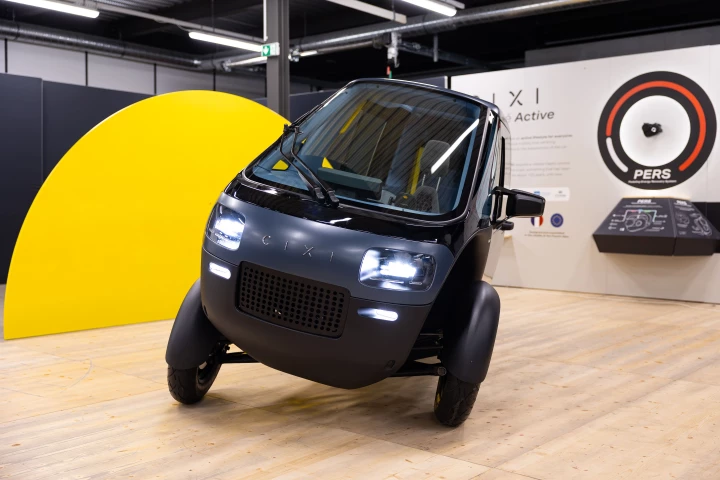Truancy just got harder for recalcitrant students in Japan with the trial of chips that track students' whereabouts. Electronic giant Fujitsu collaborated with a suburban Tokyo private school Rikkyo Elementary to launch a trial where RFID tracking chips were attached to 40 students' backpacks.
As the student enters and leaves school every detail is logged as the chip sends signals to receivers in the schools' gates. The RFID tags can be attached to books, bags or other personal items. The tags can be read by scanners from a distance of up to 10 meters so no specialised entryways are required, and students can come and go freely without having to stop at a security checkpoint. Their entry/exit is simply recorded when they pass by the scanners. Parents get the data directly on their mobile telephone and can be notified that their children arrived safely at the school. School officials say rising concerns about student safety prompted the idea.
"More than 70% of parents supported the trials, indicating there is wide appreciation for this kind of effort," said Ichiro Ishihara, a teacher at a public elementary school in Iwamura town, Gifu prefecture, about 170 miles west of Tokyo. "And the kids love it - they think it's cool," he added.
Of the school's 334 students, 72 have been carrying the tags since the trials were launched in early September. In future it could also be used to restrict entry of unauthorised people. "We take school security very seriously and already employ security cameras and have guards posted on school grounds 24 hours a day," said Tsukasa Tanaka, principal of Rikkyo Primary School.
In developing the system, Fujitsu and Rikkyo Primary School gave careful consideration to privacy and safety concerns. The RFID tags themselves use number codes and carry no individually identifying or information.
As soon as they step by the school gate, a receiver fastened there registers the signal of the RFID chips in such a way specified and passes the information on to a computer.
The system does not only register each pupil, who come and go, but also visitors who are identified by an infrared sensor which sounds an alarm as soon as persons without RFID chips pass the entrance.
The monitoring technology is a response by schools to the increasing fears of parents. In Japan force crimes are still relatively rare such as murder, bodily injury and robbery. However, more than half of the Japanese believes its country is becoming increasingly unsafe according to a recent survey.
RFID chips, which send their ID to radio sensors, are to be used in the coming years in varying industries including trade and logistics. The chips could save a lot of money for companies. However, data-security commissioners are afraid about any abuse of the technology. It could be used, as with the pupils in Japan for the general monitoring of people.
RFID experts within the industry doubt however whether conventional chips without their own power supply have the effective range to warrant such concerns. The signal of passive RFID tags is too small in order to be able to pursue movements, explained Robert Niedermeier of IT-Institut Eicar.





